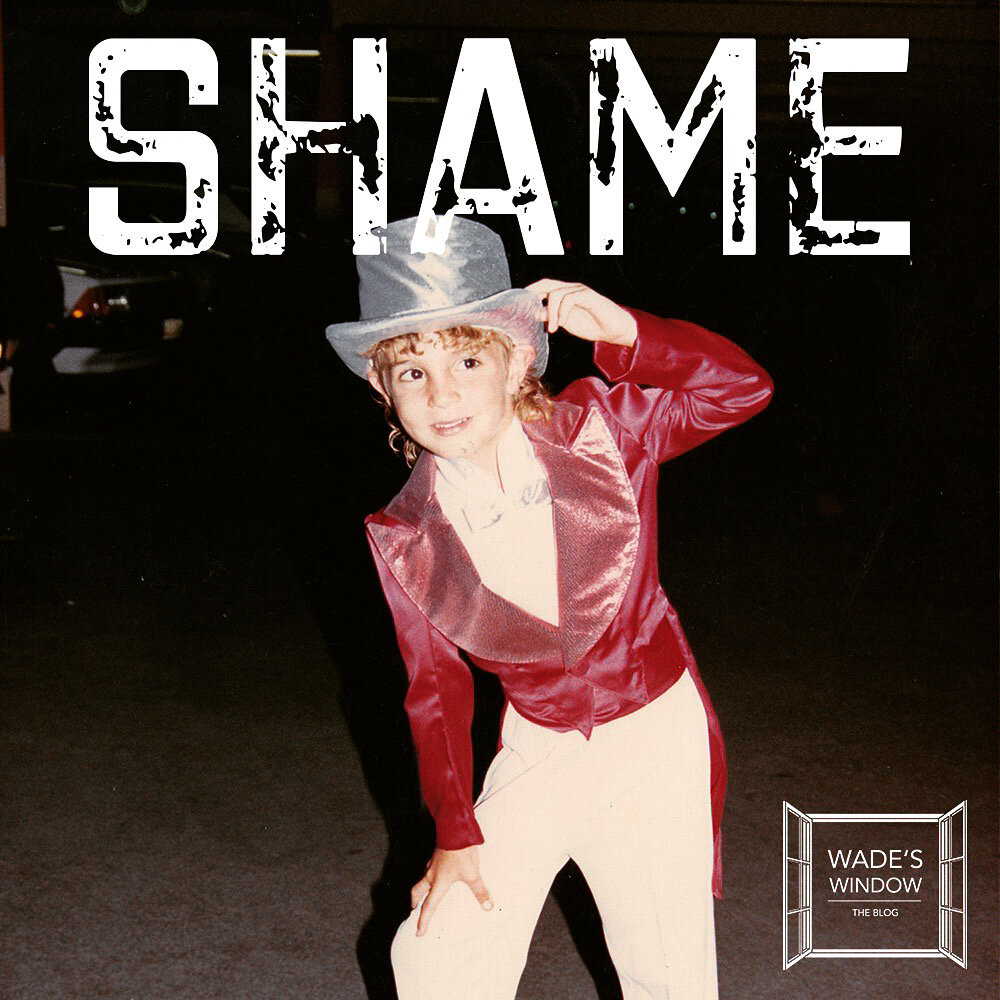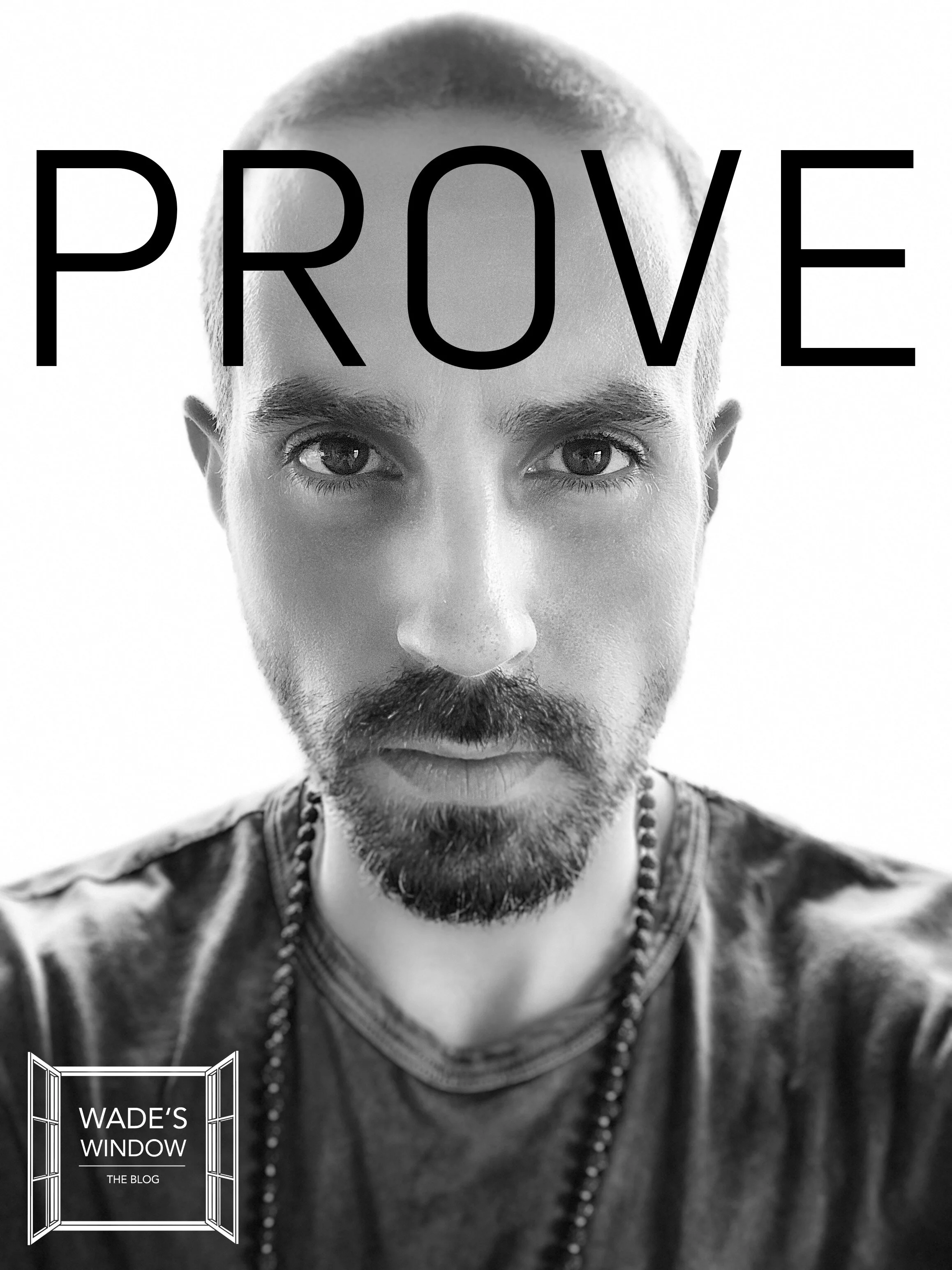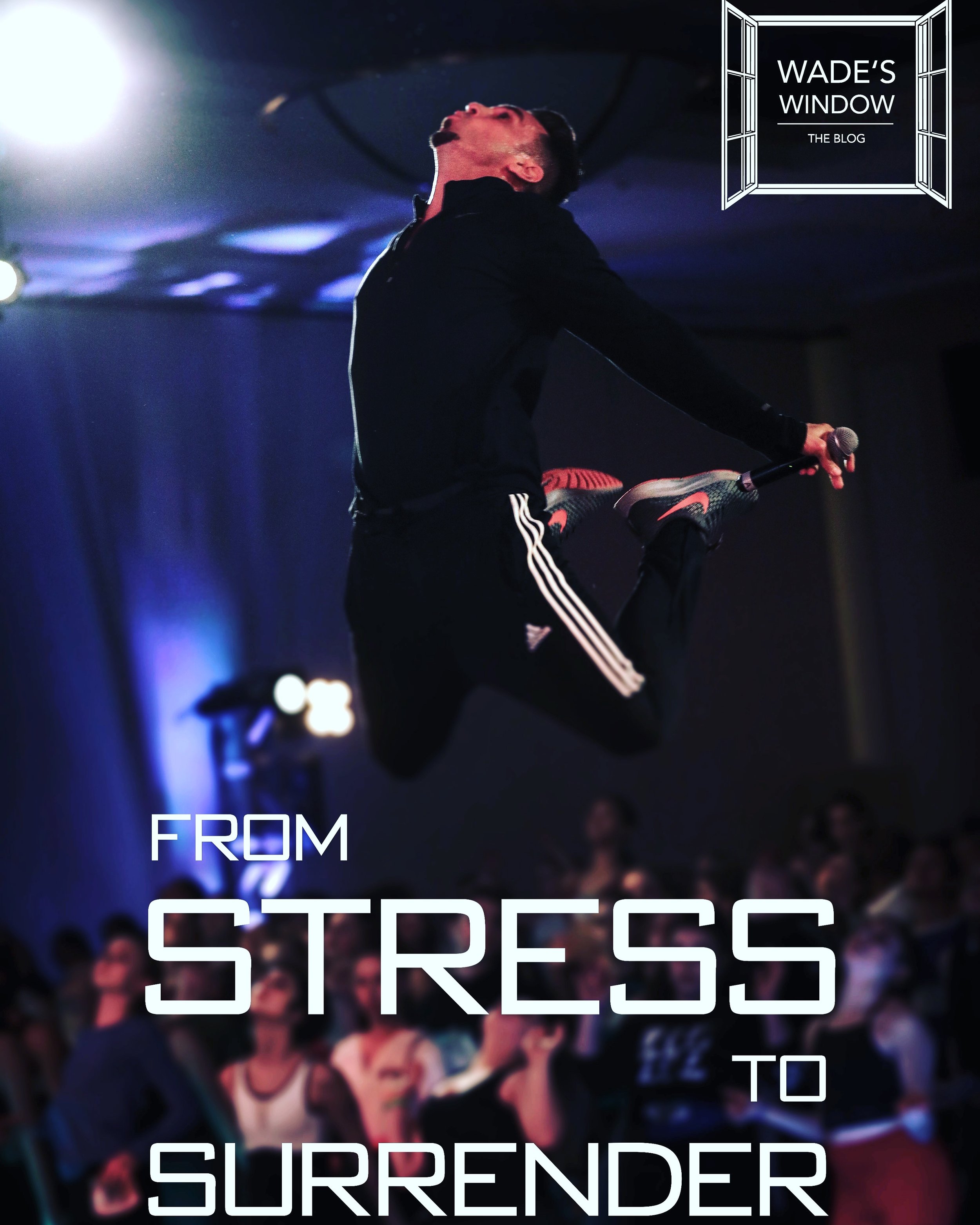There is a walking Labyrinth that I like to visit from time to time. One of the first treats is just before you step onto the path, there lies a rock with two words carved into it, “BEGIN AGAIN.” A phrase that has become quite important to me over the years.
The pebble path ahead is narrow and complex. Along the journey there are a few internal behaviors I often notice, such as, my trying to speed though it and get to the finish line. When I become conscious of this urge, I try to slow down significantly, even to a pace that makes me a bit uncomfortable at first, which offers me the opportunity to become more acutely aware of my body and my surroundings. I then often catch myself trying to look ahead and map out the route, which is always futile. I try to bring my attention back to the present and take one slow step at a time, reminding myself that I don’t need to know the route because there is no way that I can fall off path. By about half-way through, I sometimes question if I am covering ground that I already have. Only to remember that the zigzag design of the path repeatedly brings me back to areas I have previously covered, yet not exactly the same spot, but one isle over, about one foot to the right or left from where I once was. If I look up, I notice that even that one foot of difference in position has enabled me to see some surrounding foliage that I wasn’t able to see from the very similar but not the same spot I previously inhabited. Lessons abound.
I find that the microcosm often, if not always, reflects the macrocosm.
Sometimes in life, we think that we are finished with a certain thought process, emotion, behavior or type of relationship, only to at some point begrudgingly find ourselves back in the thick of it. We then tend to beat ourselves up, assessing that we obviously haven’t progressed at all in our lives. This reaction is completely understandable, I know it well.
Yet this actually cannot be true: there is no possible way for us, ever, to be in the exact same circumstance, thought, emotion, behavior or relationship. It may be incredibly similar, there may be a repeating theme, but you do not have the same body, mind, or wisdom that you had yesterday and the world is a different place than it was yesterday. The only constant is change. In the midst of a repetitive thought, the mere fact of you realizing that you have had this thought before, changes the nature of the thought. You now have a broader level of awareness: you know that you don’t like thinking this thought and what the probable outcome of this thought is. Even if you then still repeat the thought and again experience the probable outcome, you now experience it from a broader level of consciousness, a knowingness that you did not previously have. You have done more research and gathered more evidence as to what you would rather do next time. Although maybe not as expeditious as we would prefer, there has been progress.
As much as we would like for it to be, progress is not linear. It does not move in a straight line but rather in zigzags, circles, reverse, up, down, left and right. Yet, if you step far enough back, you will see that all of this apparently unruly movement is still, overtime, moving us forward. When we re-experience similar thoughts, behaviors, emotions, and circumstances that we thought we had moved beyond, it often signals that we are not finished with them yet. There are still aspects of them for us to rumble with, to process, understand, learn and grow from.
You can’t not change. You can’t not grow. Although, the greater our level of awareness and our understanding as to the mechanics of progressive change, the more we can expedite the process.
Wishing you health, love and progress.
Love, Wade.
6/14/19































Wade Robson, based on his personal experience of external wins and internal losses, explores our personal definitions of WINNING and their implications.